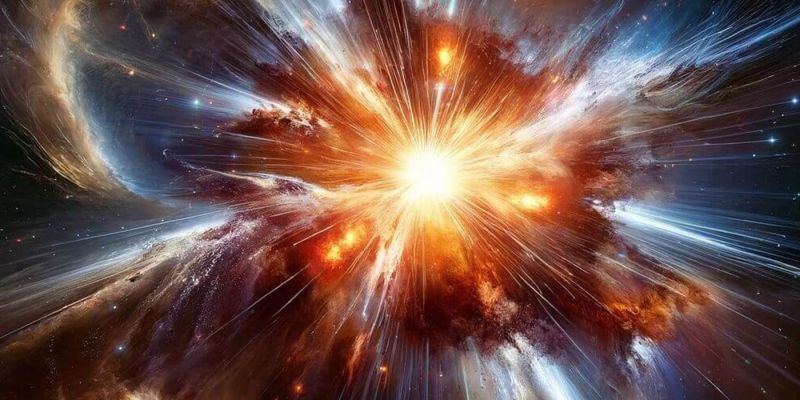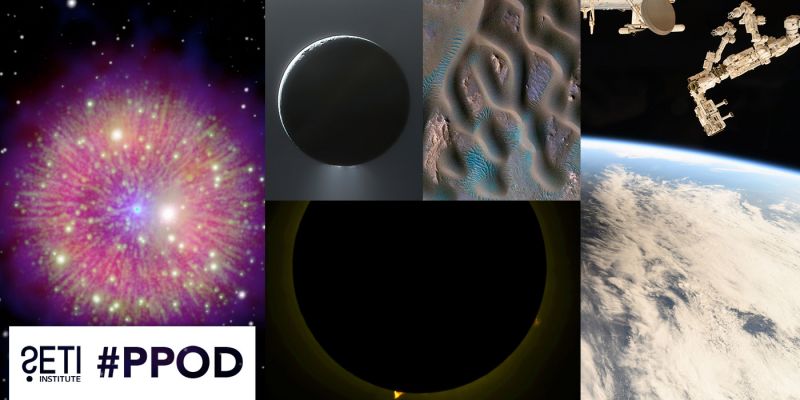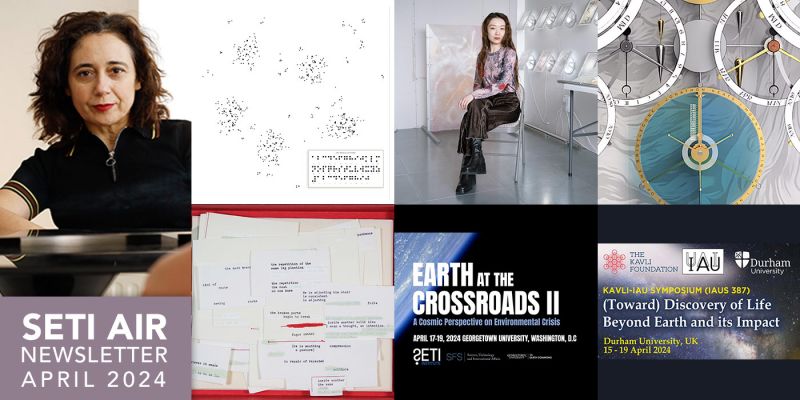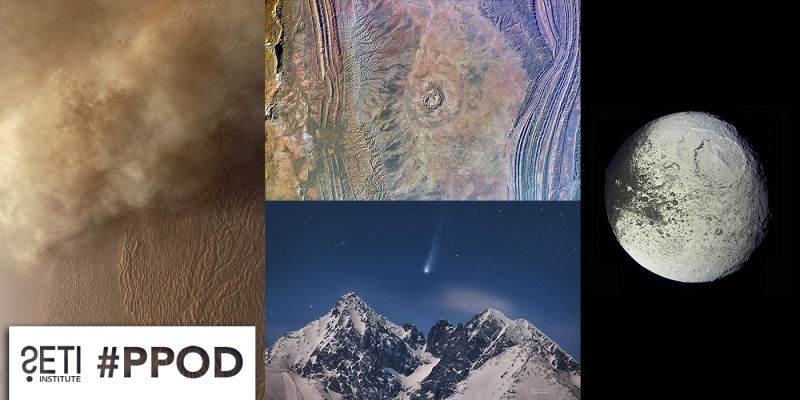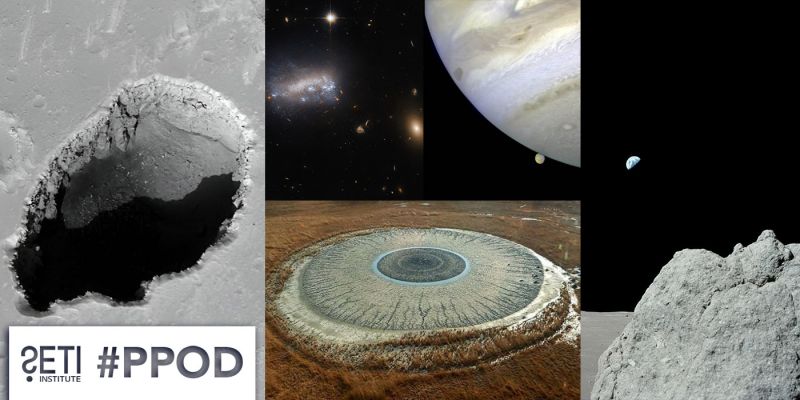NASA Frontier Development Lab (FDL) seeks U.S. researchers for an eight-week paid research sprint during summer 2019.

Although applications for AI and machine learning participants for FDL's 2019 program have closed, the deadline for space science researchers has been extended until April 12.
NASA Frontier Development Lab (FDL) seeks U.S. researchers for an eight-week paid research sprint during summer 2019.
FDL, hosted by the SETI Institute, is an interdisciplinary research accelerator that combines talented researchers in AI with domain specialist researchers at the PhD and Post Doc level.
We are still looking for talented researchers with interest and capacity in the following areas for 2019 (note: challenges are still being finalized; it is possible that some of the following will be deferred until 2020):
- EARTH SCIENCE
DISASTER PREVENTION, PROGRESS AND RESPONSE
How can AI improve our capabilities to forecast and respond to natural disasters using orbital imagery, coupled with ground observations and social data?
- SPACE WEATHER
EXPANDING THE CAPABILITIES OF NASA’s SOLAR DYNAMICS OBSERVATORY
The Solar Dynamics Observatory (SDO) has greatly expanded our understanding of the Sun, but can we use AI to enhance the value of the SDO even more? This will help inform the reduced instrumentation strategy that will be central to the success of future SmallSat missions.
DECIPHERING THE IMPACT OF SOLAR VARIABILITY ON EARTH’S CLIMATE
Weather forecasting has advanced substantially in recent years, but long-term climate trends continues to challenge our understanding of Earth’s environmental dynamics. Can AI help to detect the subtle fingerprints of the solar cycle variability on Earth’s climate?
- ASTROBIOLOGY
SIMULATING LIFE’S GENESIS ENGINE
How might we use the tools of chemical automata coupled with complexity theory and tool sets of fitness landscapes, gradient descent, and stochastic hill-climbing to build a simulated engine of “the chemical operating system of life”?
TECHNOSIGNATURE DETECTION
Can we develop an unsupervised method to identify potentially anomalous radio signal data gathered by the SETI Institute’s Allen Telescope Array (ATA)? Useful work could include elimination of human radio frequency interference (RFI) using ML.
- SPACE RESOURCES
LUNAR RESOURCE MAPPING / SUPER RESOLUTION
How might we use data fusion and emerging super-resolution techniques to develop high-resolution lunar resource maps for the coming era of mission planners looking to locate resources for future robotic and human lunar missions?
- PLANETARY DEFENSE
FIREBALL DETECTION AND CLASSIFICATION
Can we use AI to understand the trajectory characteristics and material properties of super-bright meteors (known as bolides)? Bolides often detonate before impact, leaving little material evidence of their composition. This capability would be an important step forward for NASA’s ongoing Asteroid Threat Assessment Project.
- ASTRONAUT HEALTH
GENERATION OF SIMULATED BIOSENSOR DATA
NASA deep space missions will require advanced medical capabilities, including continuous monitoring of astronaut vital signs to ensure optimal crew health. Can we use biosensor data collected from NASA analog missions to train AI models to simulate various medical conditions that might affect astronauts?
- AUTONOMOUS SYSTEMS
SMALLSAT SWARMS AND DISTRIBUTED AI
Can AI help to coordinate the multi-agent actions of a SmallSat swarm to create a “virtual” space platform that is more capable, more flexible, and more resilient than the simple sum of its collective parts? This challenge aims to develop an AI solution that can optimize how SmallSats can collectively take on complex mission goals.
FDL welcomes researchers from both the data and space sciences to spend eight weeks living and working in Silicon Valley, CA., tackling challenging problems in space exploration and for all humankind.
The application process is via an online form: https://frontierdevelopmentlab.org/apply.
Deadline is April 12, 2019.

